SCROLL TO
LEARN MORE
As our nation turns 60 this year, let’s join forces to keep our oceans Coral-full.

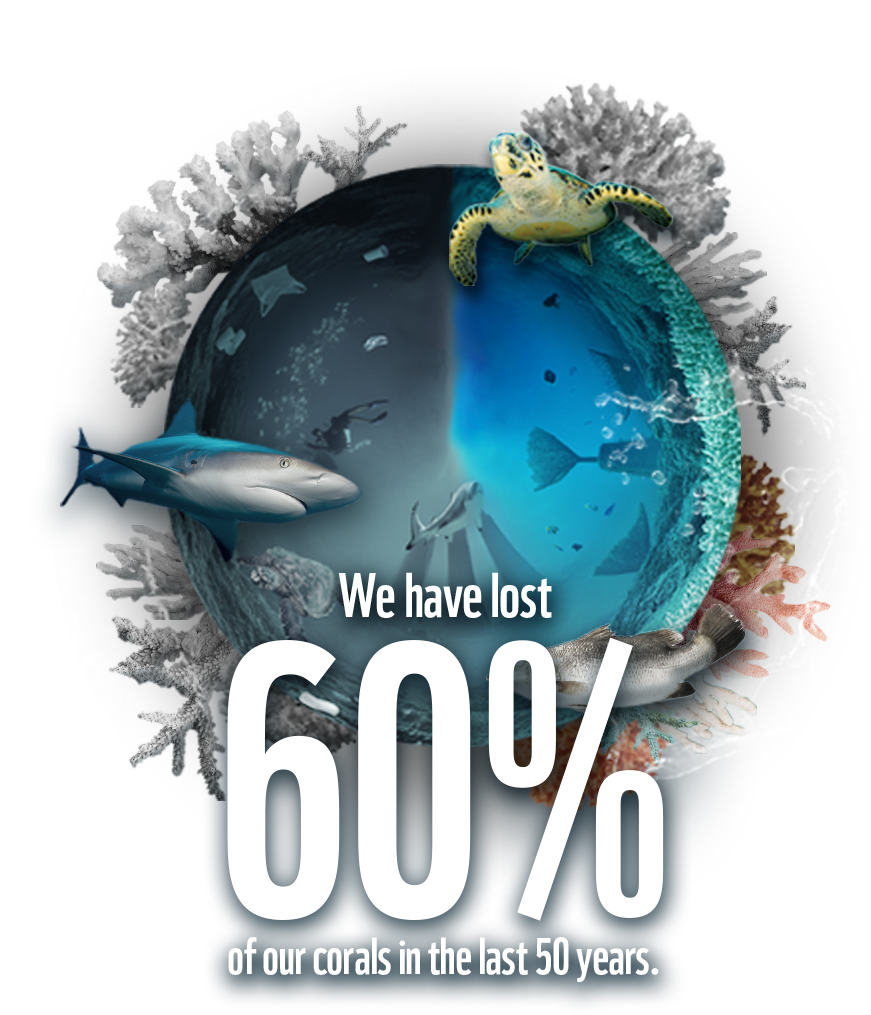
As our nation turns 60 this year, let’s join forces to keep our oceans Coral-full.
Singapore has already lost over 60% of our coral reefs. The Southern Islands are home to our natural reef systems, a living legacy. Without immediate action, these marine havens could vanish within our lifetime.
Singapore has already lost over 60% of our coral reefs. The Southern Islands are home to our natural reef systems, a living legacy. Without immediate action, these marine havens could vanish within our lifetime.

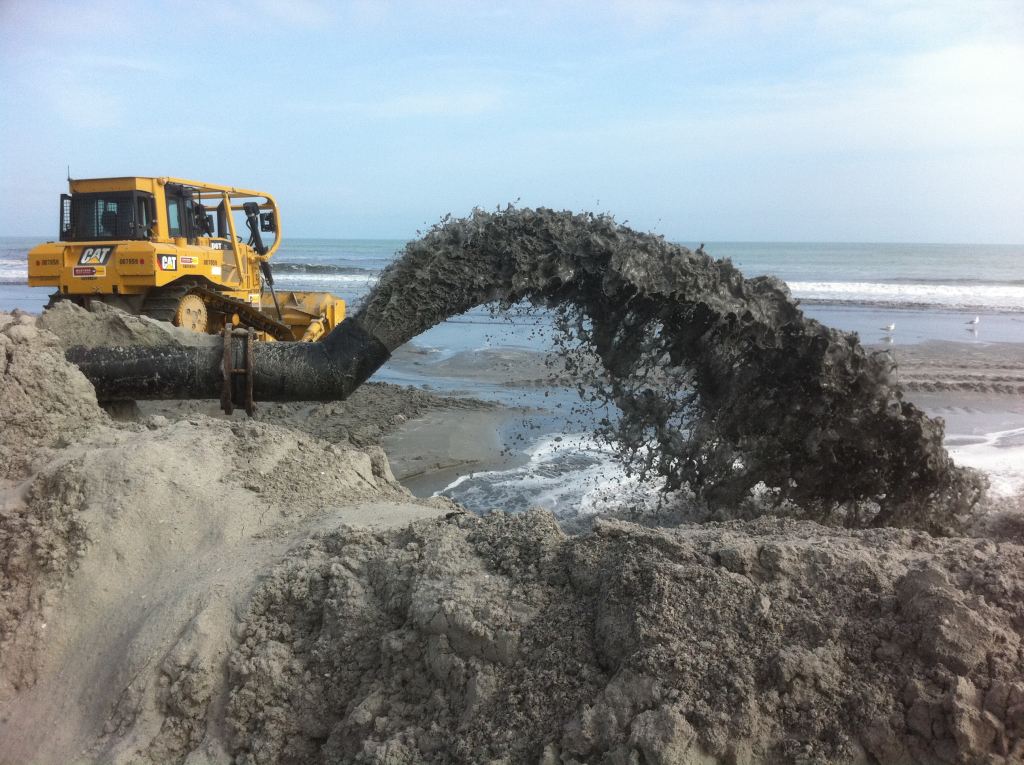
Unmanaged coastal development, including land reclamation, leads to sediment runoff that blocks sunlight, hindering coral photosynthesis. Over decades of development, Singapore’s coral reefs have shrunk by 60%, severely impacting their health.
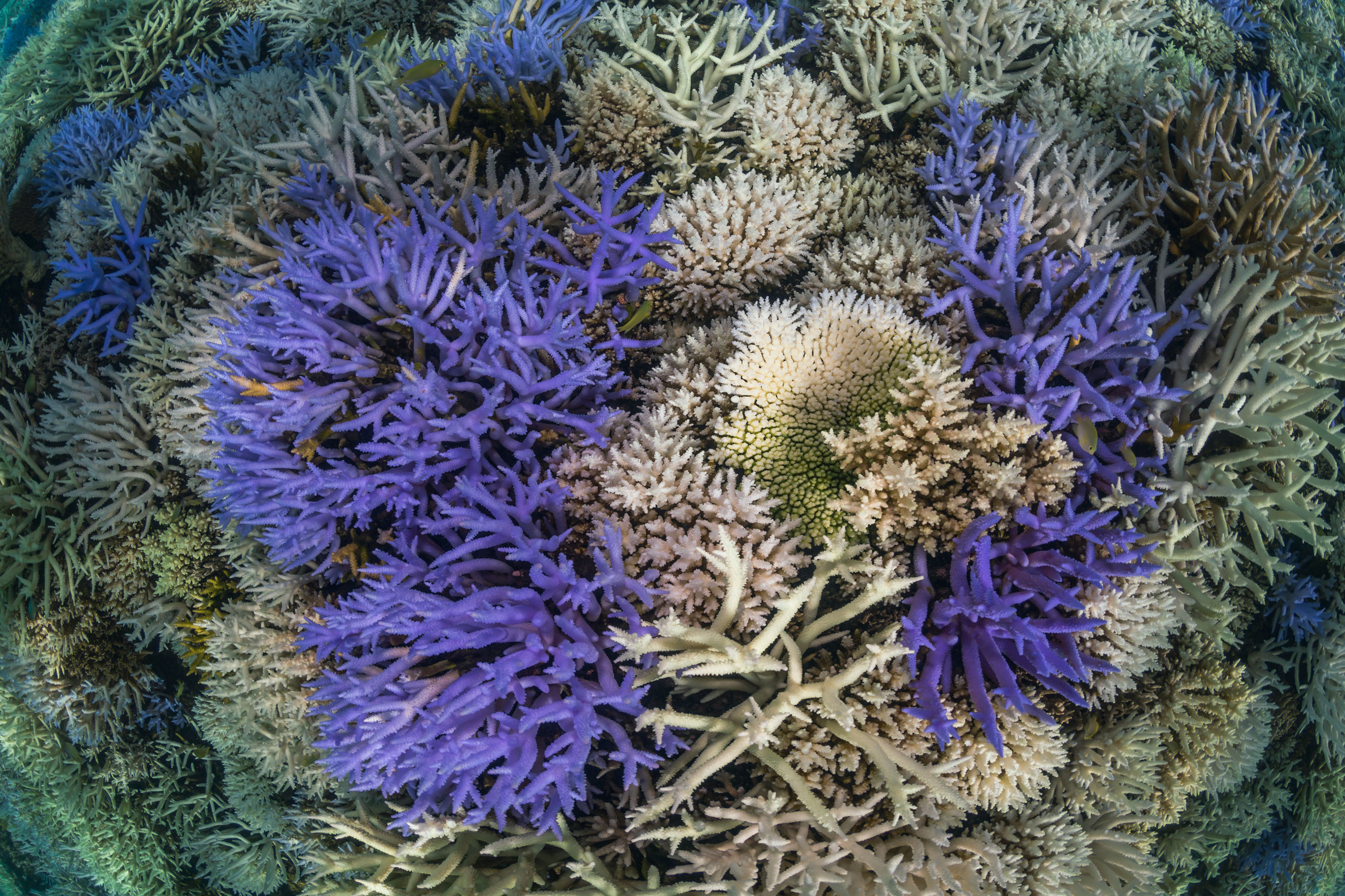
Rising sea temperatures cause coral bleaching, where corals expel vital symbiotic algae, weakening them. Singapore’s reefs have experienced several bleaching events, including the major one in 2024, exacerbated by extreme weather linked to El Niño.
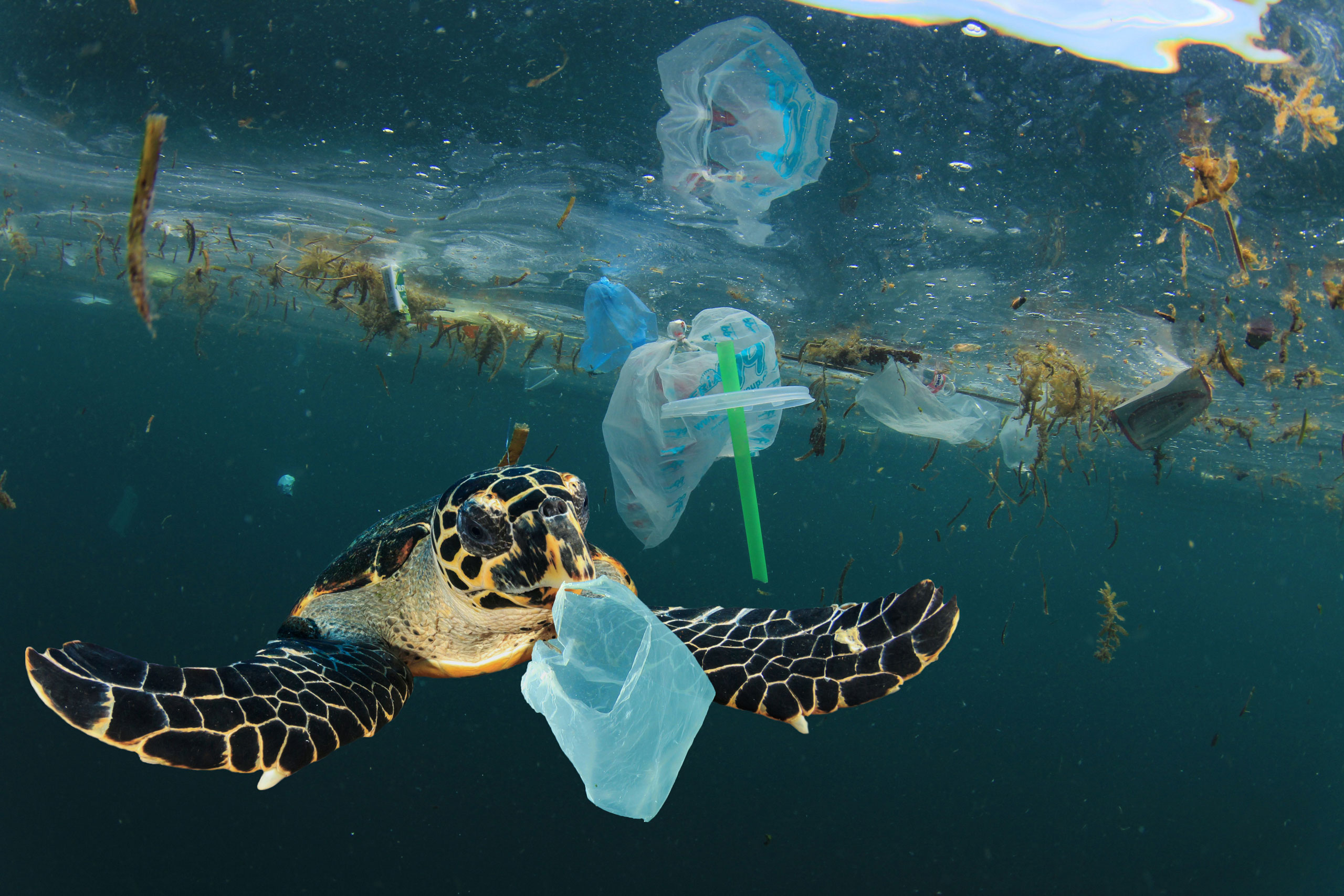
Plastic debris entangles corals, increasing disease risk and physical damage. In Singapore, over 90% of marine litter found on the coastlines consists of plastic, with corals trapping more microplastics than other habitats.
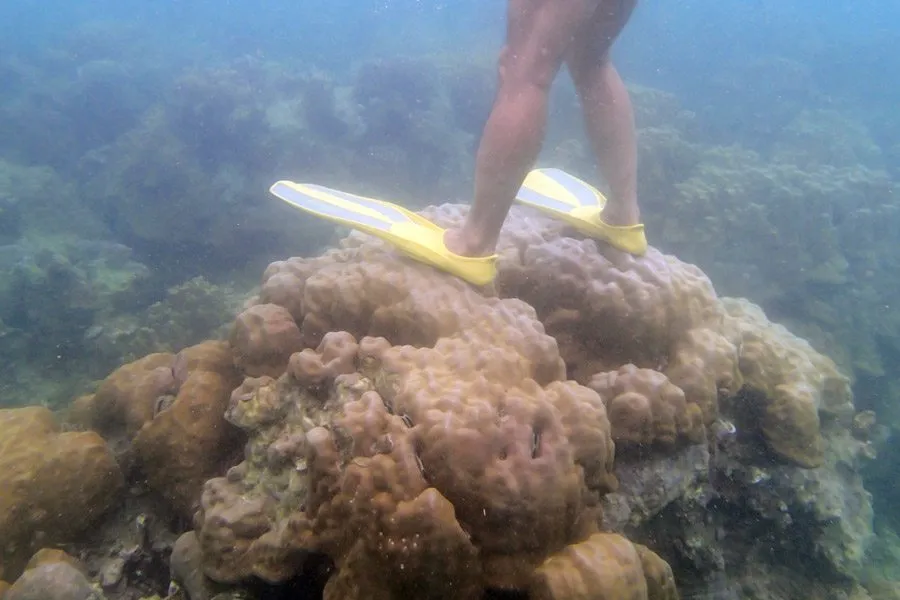
Unregulated tourism activities, like improper buoyancy control, careless snorkeling, and boat anchors, physically damage corals, slowing their recovery and growth. In Singapore, damage from anchors is a significant threat to coral health, particularly in busy port areas.
Coastal development activities can increase sediment in the water, making it murky and preventing sunlight from reaching the corals, which is important for their growth and health.
Coral reefs are only 1% of the sea, but home to 25% of marine life. Learn how corals support the ocean and people.
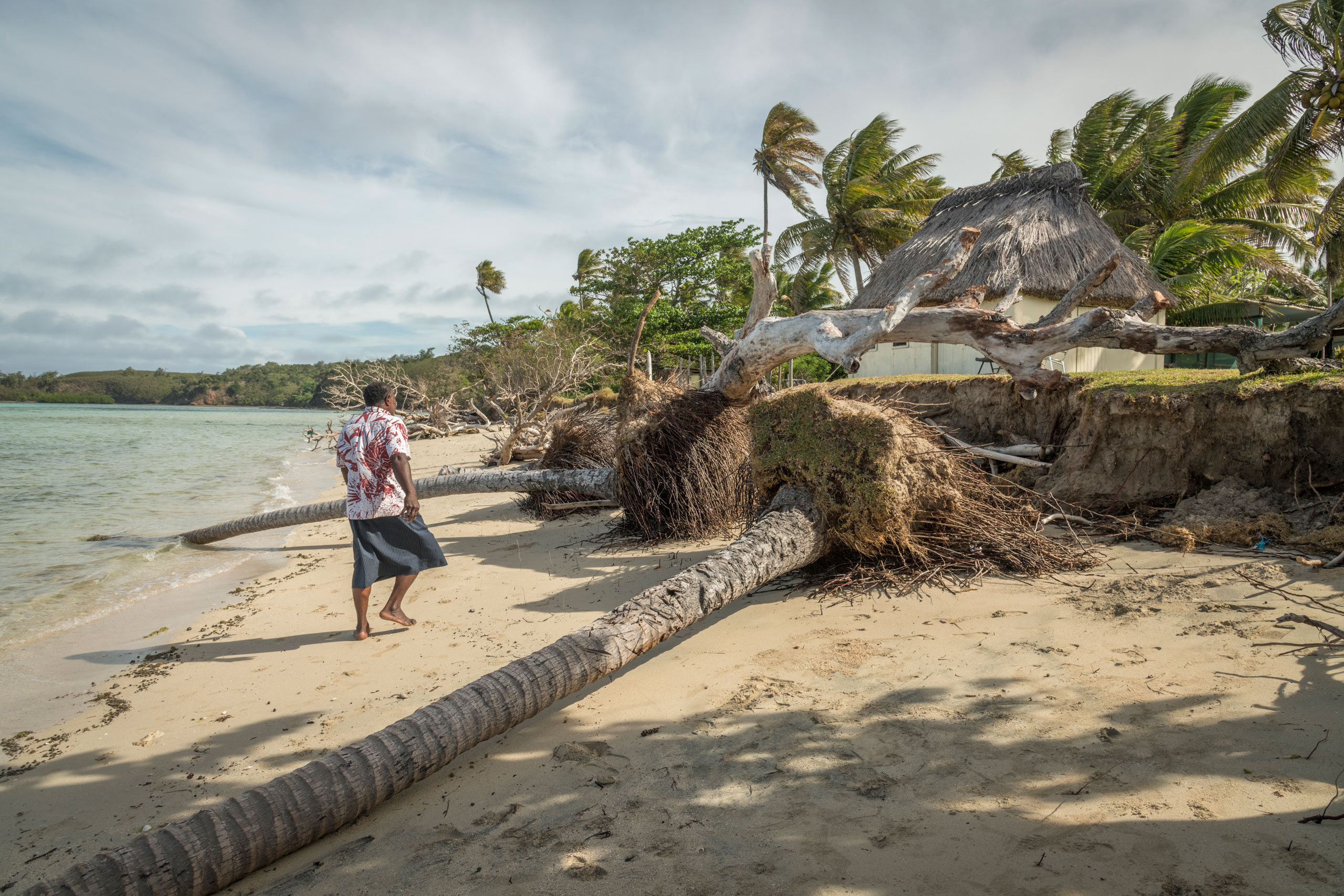
Coral reefs act as underwater barriers, reducing wave impact and enhancing coastal resilience against erosion and rising seas.
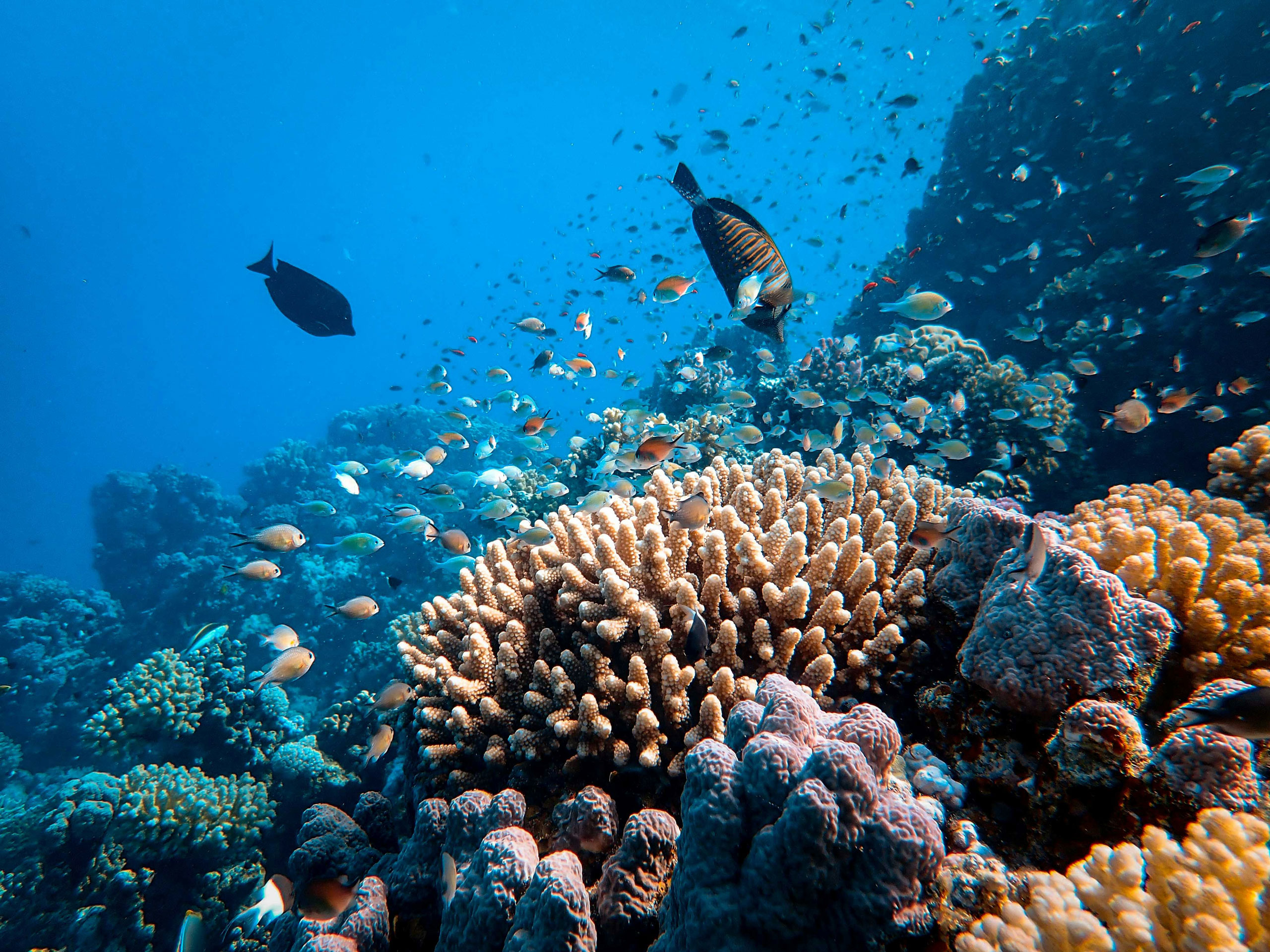
Reefs provide shelter, food, and breeding grounds for countless species. Singapore’s coral reefs have been recorded to host over 250 species of hard corals and more than 100 species of reef fish.
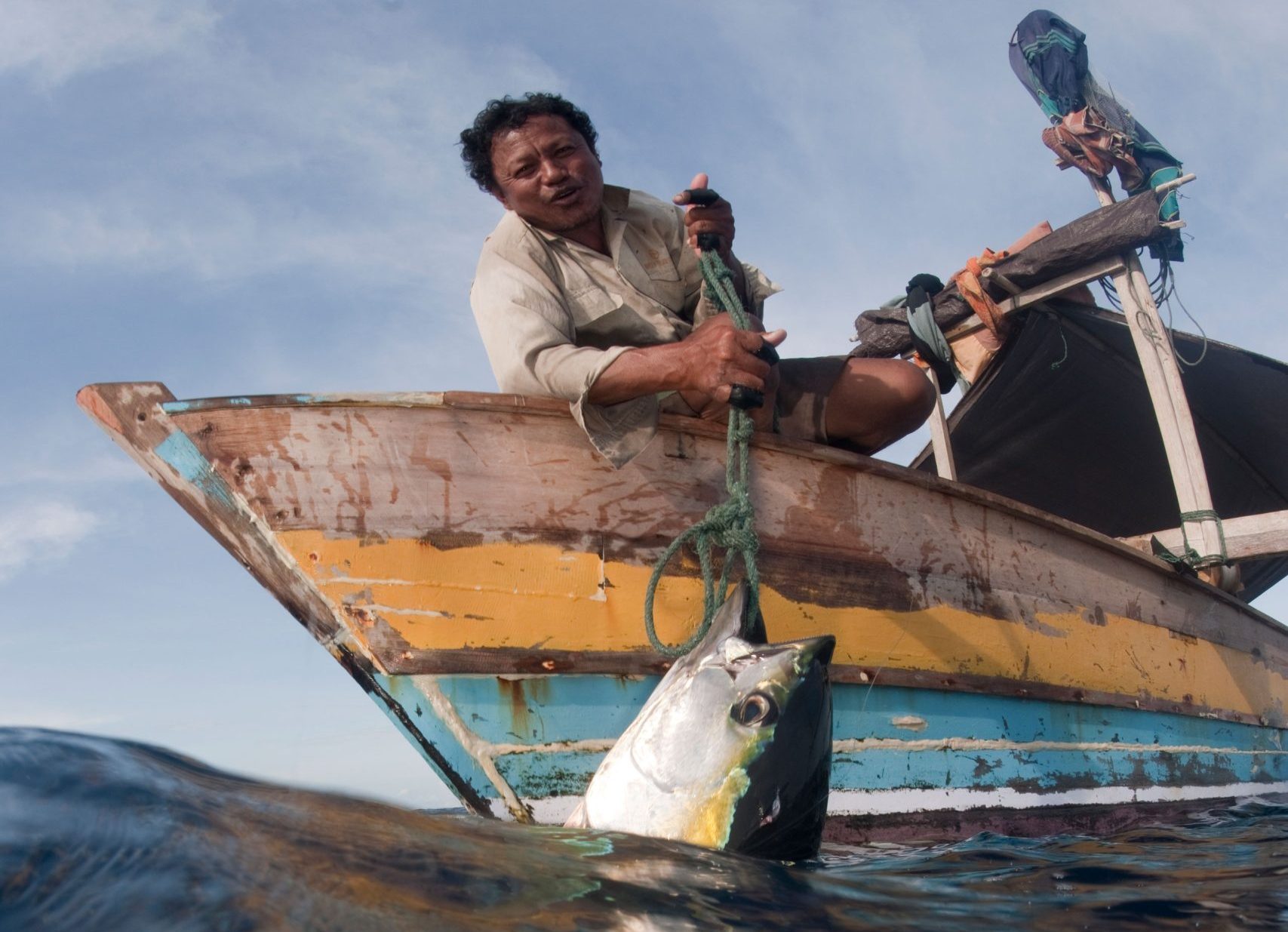
Coral reefs support fisheries that feed millions globally, especially coastal communities dependent on the ocean for food and income.
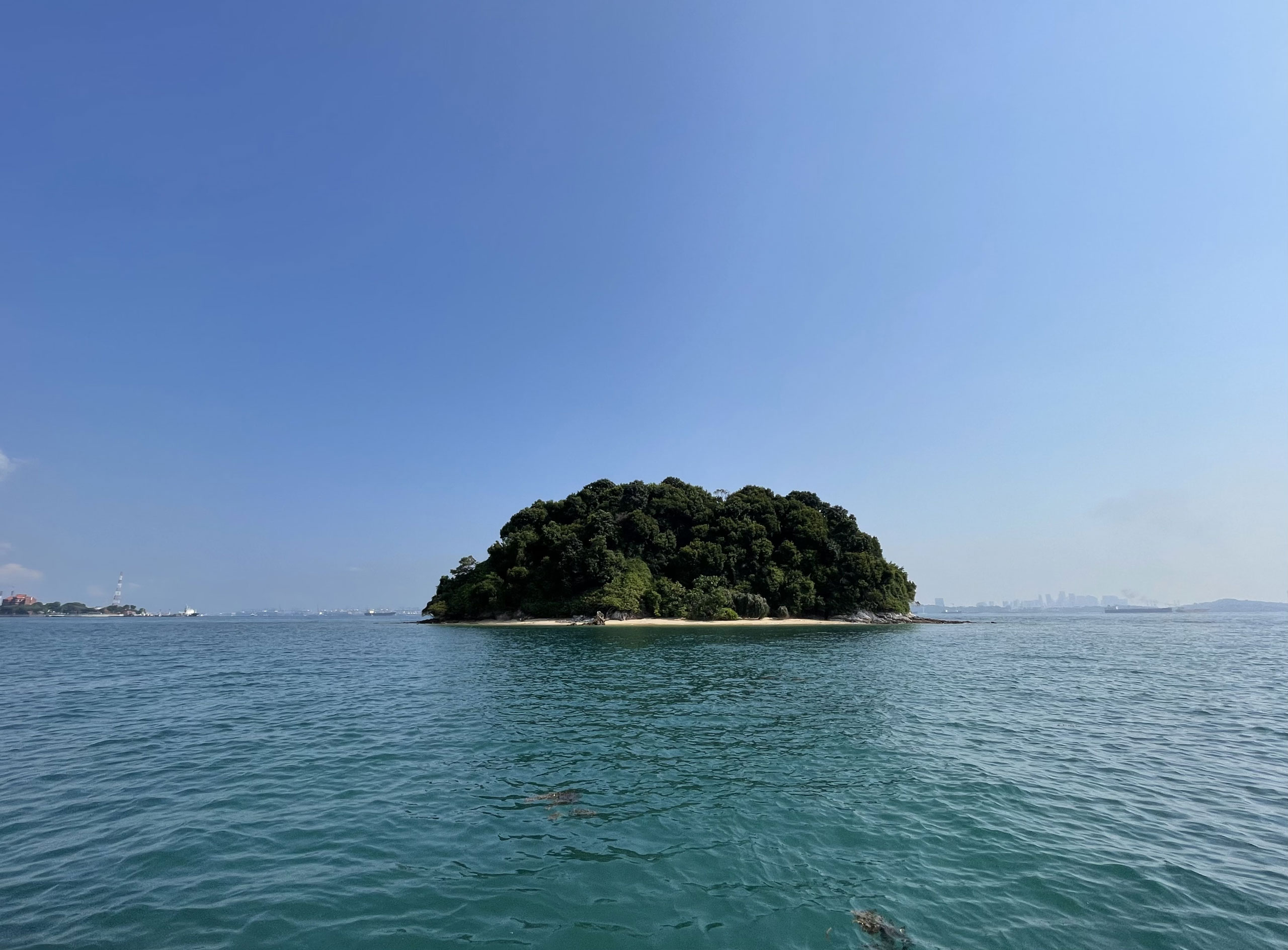
In Singapore, coral reefs are part of our natural heritage — enriching the marine landscape around our Southern Islands and offering a unique window into local biodiversity.
We are helping to turn the tide by supporting research to restore Singapore’s reefs.
A project with NUS TMSI focused on piloting coral reef restoration at Kusu Island and St. John’s Island, specifically targeting low-light adapted corals and those able to thrive in such conditions.
The success of this project proves that with continued support, we can achieve real, positive outcomes!
transplanted to Kusu Island, covering an estimated 330 metres stretch of reef
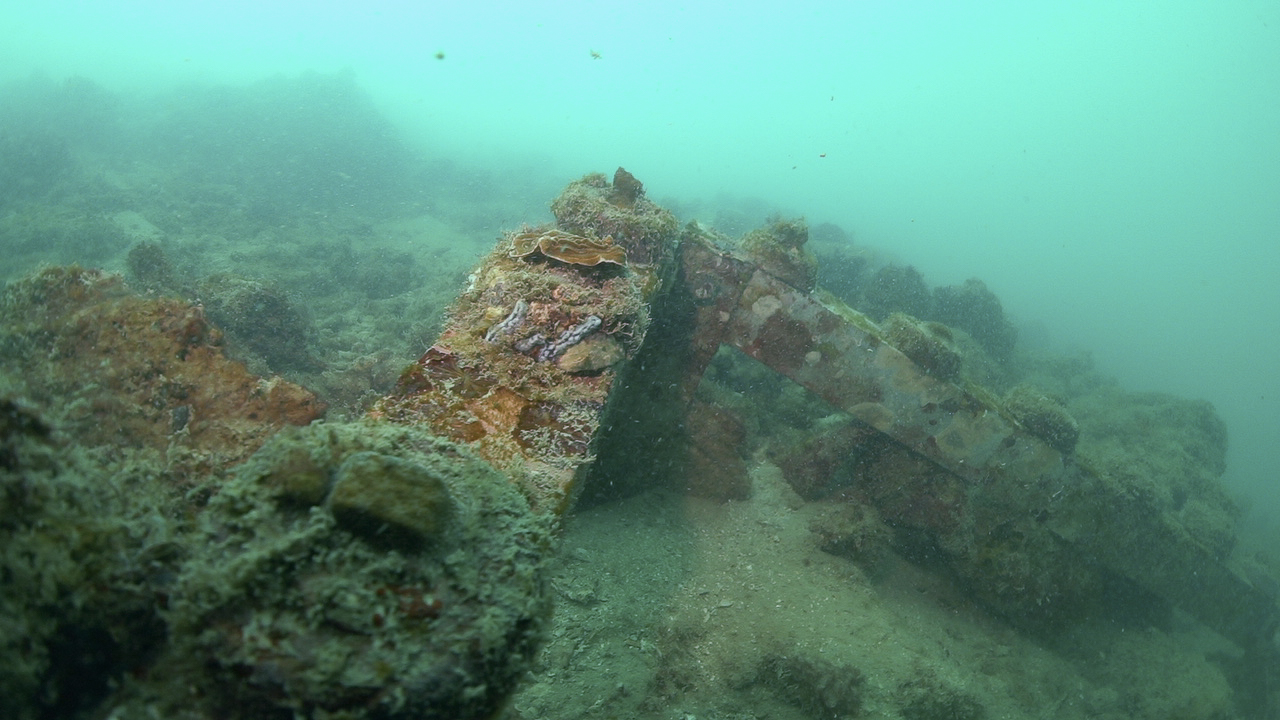
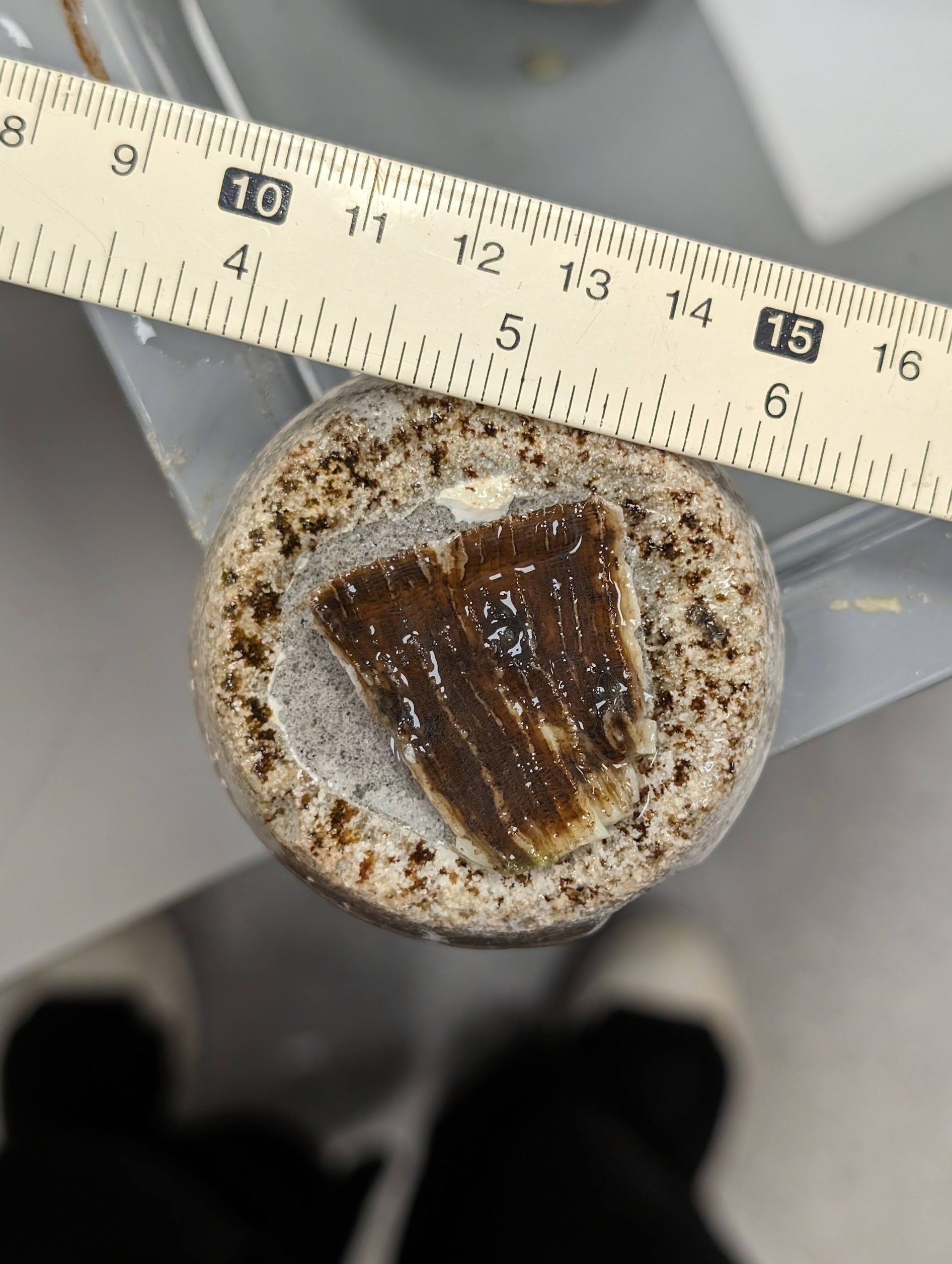
trained through 2 training sessions and 8 deployment activities
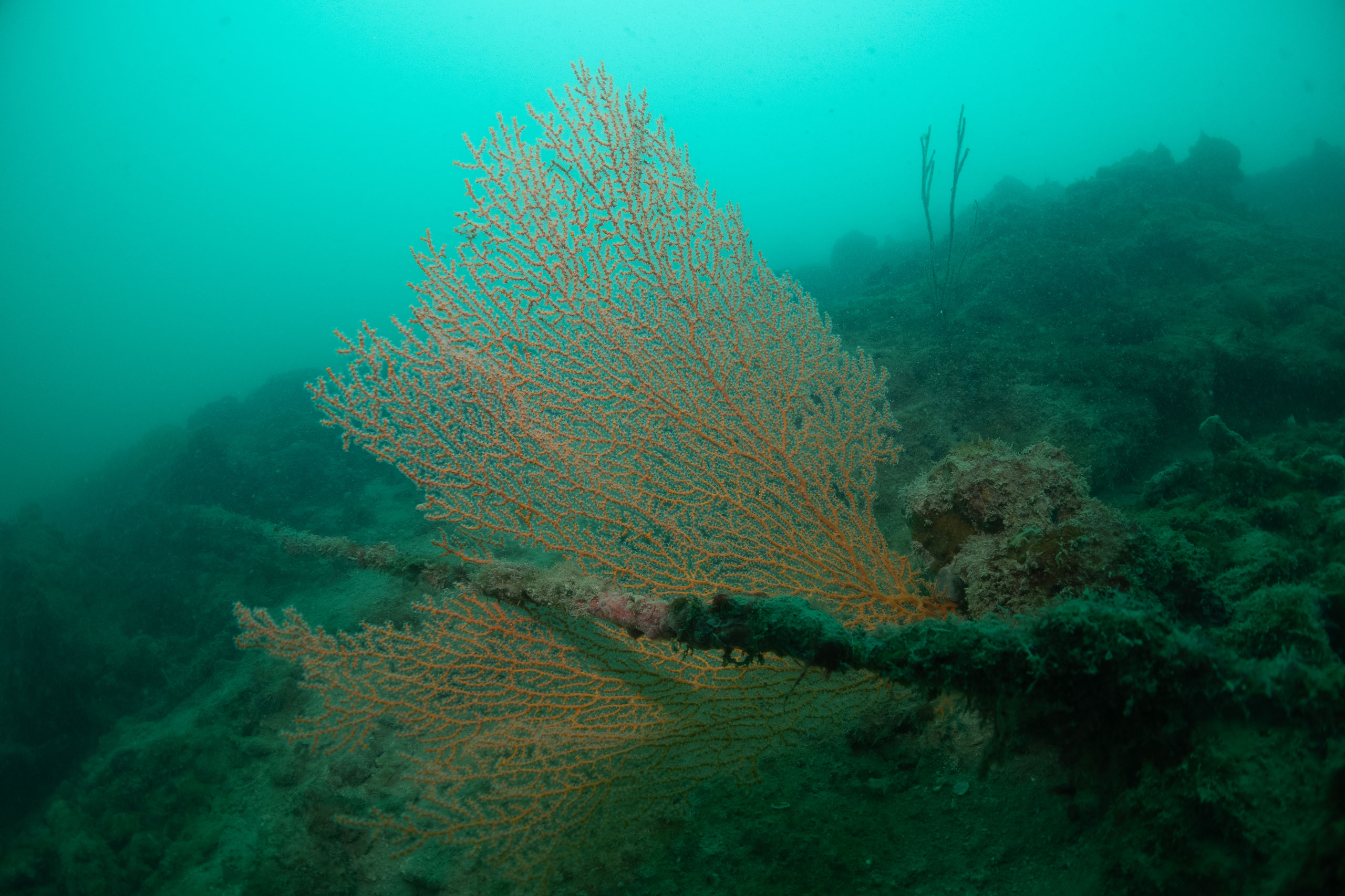
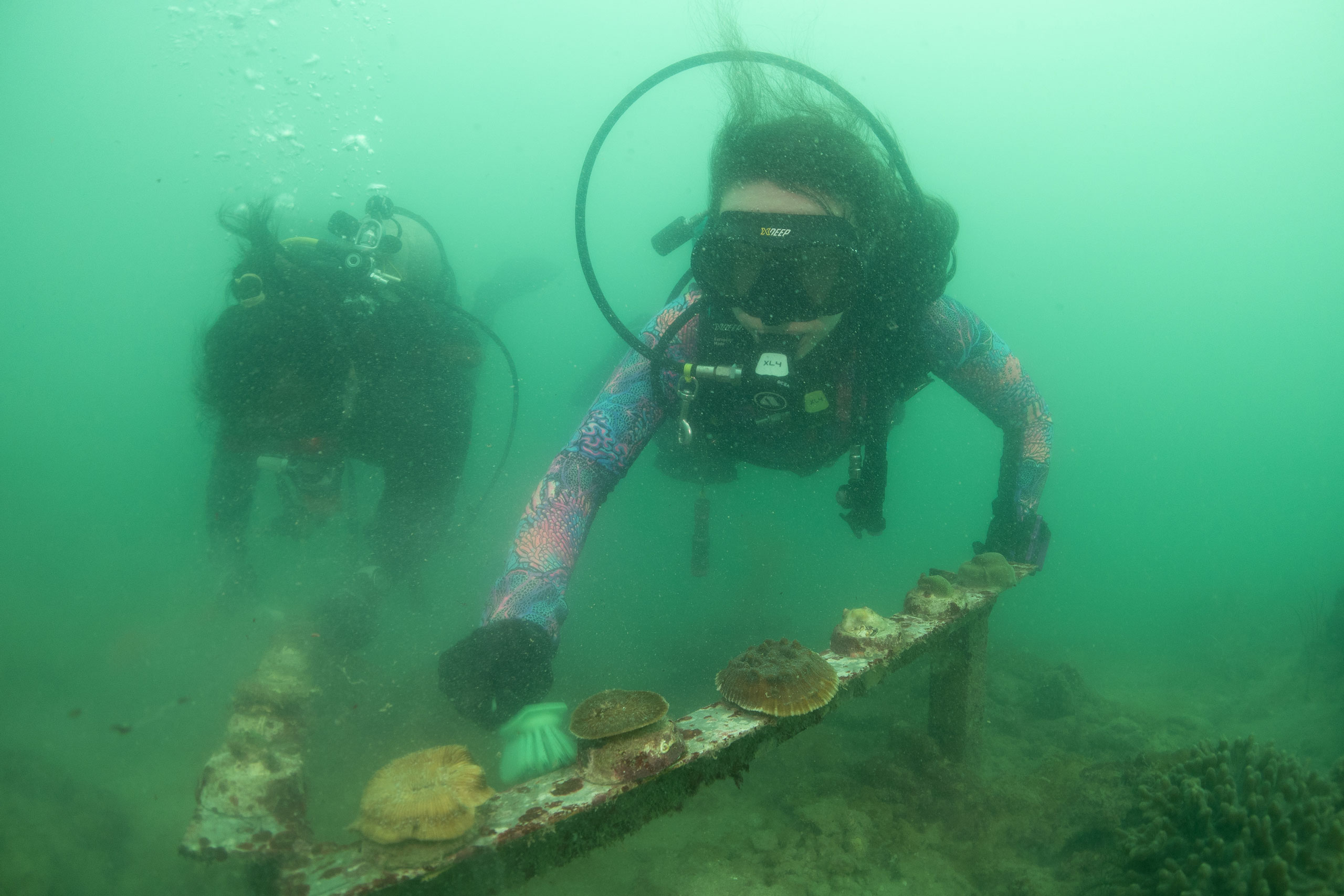
and community members engaged in 5 public outreach and awareness programmes
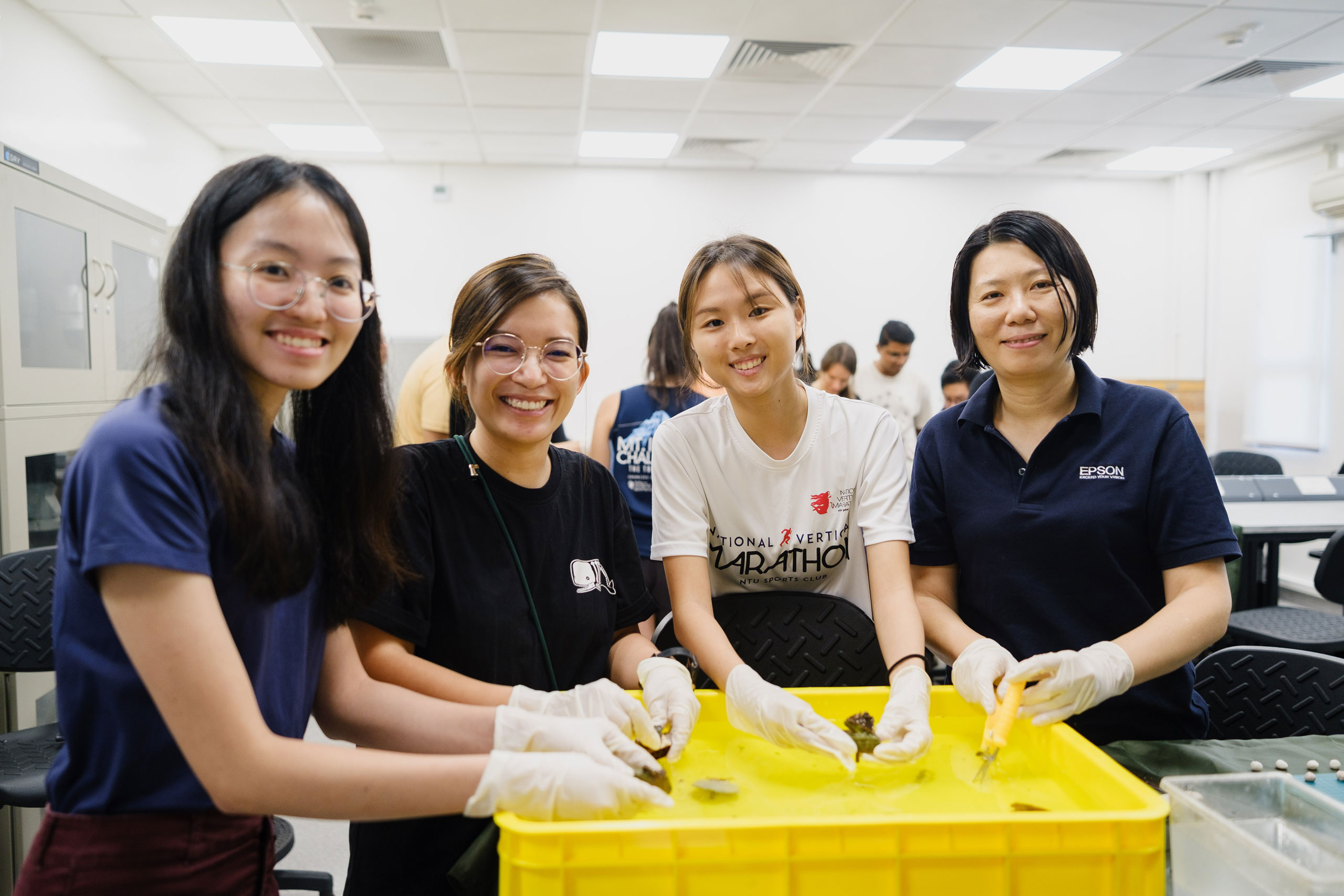
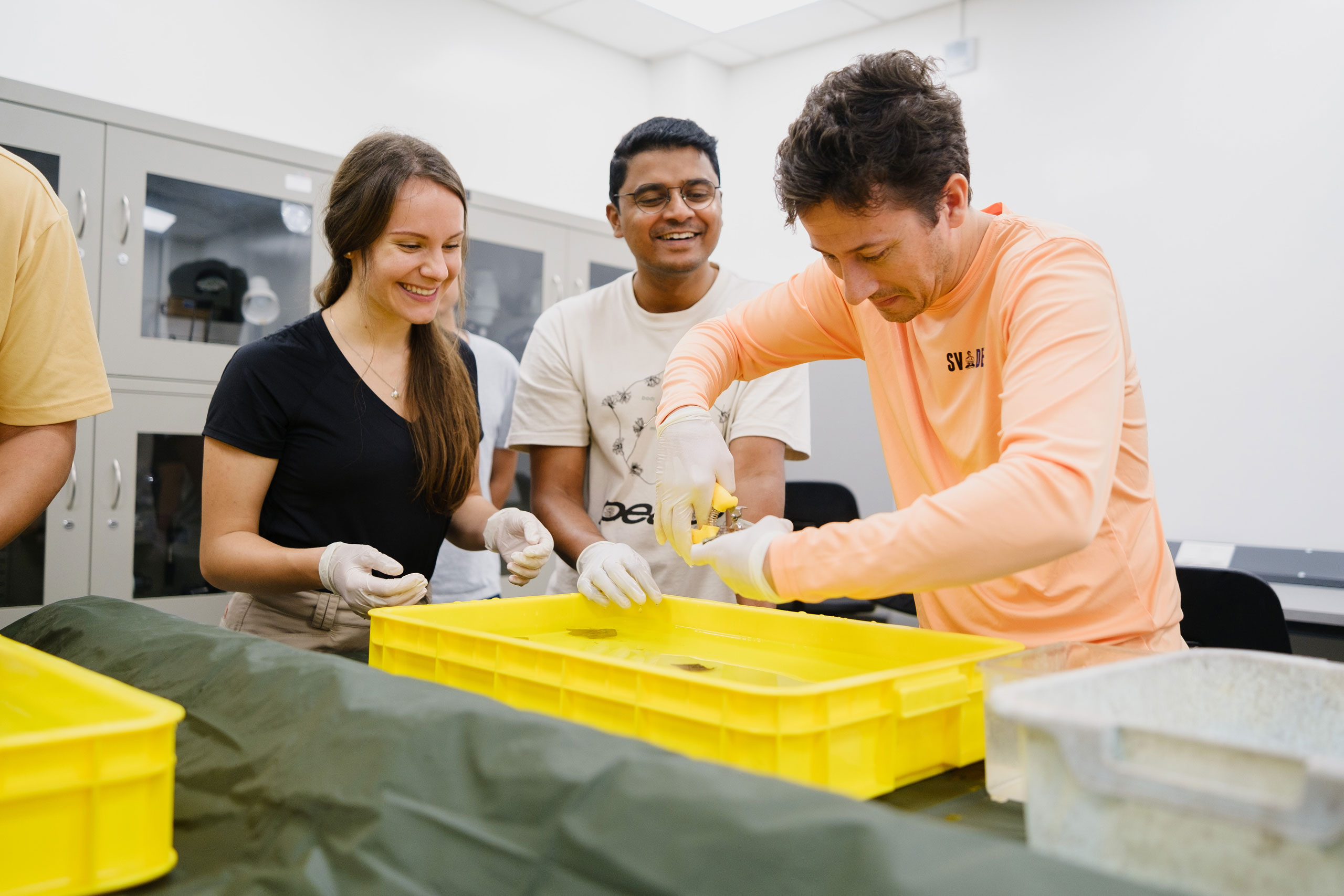
placed at 10 metres depth as a pilot for future experiments
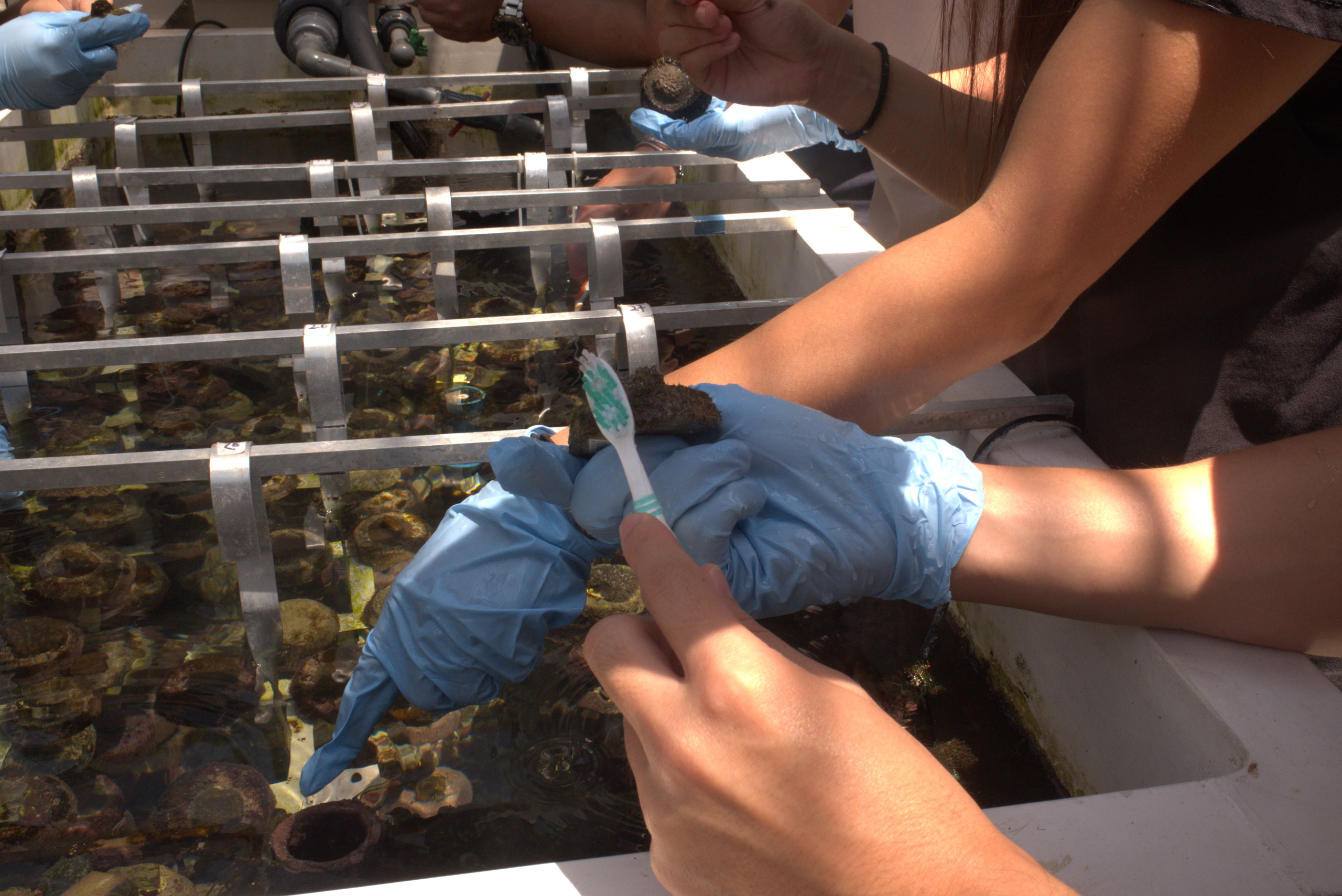
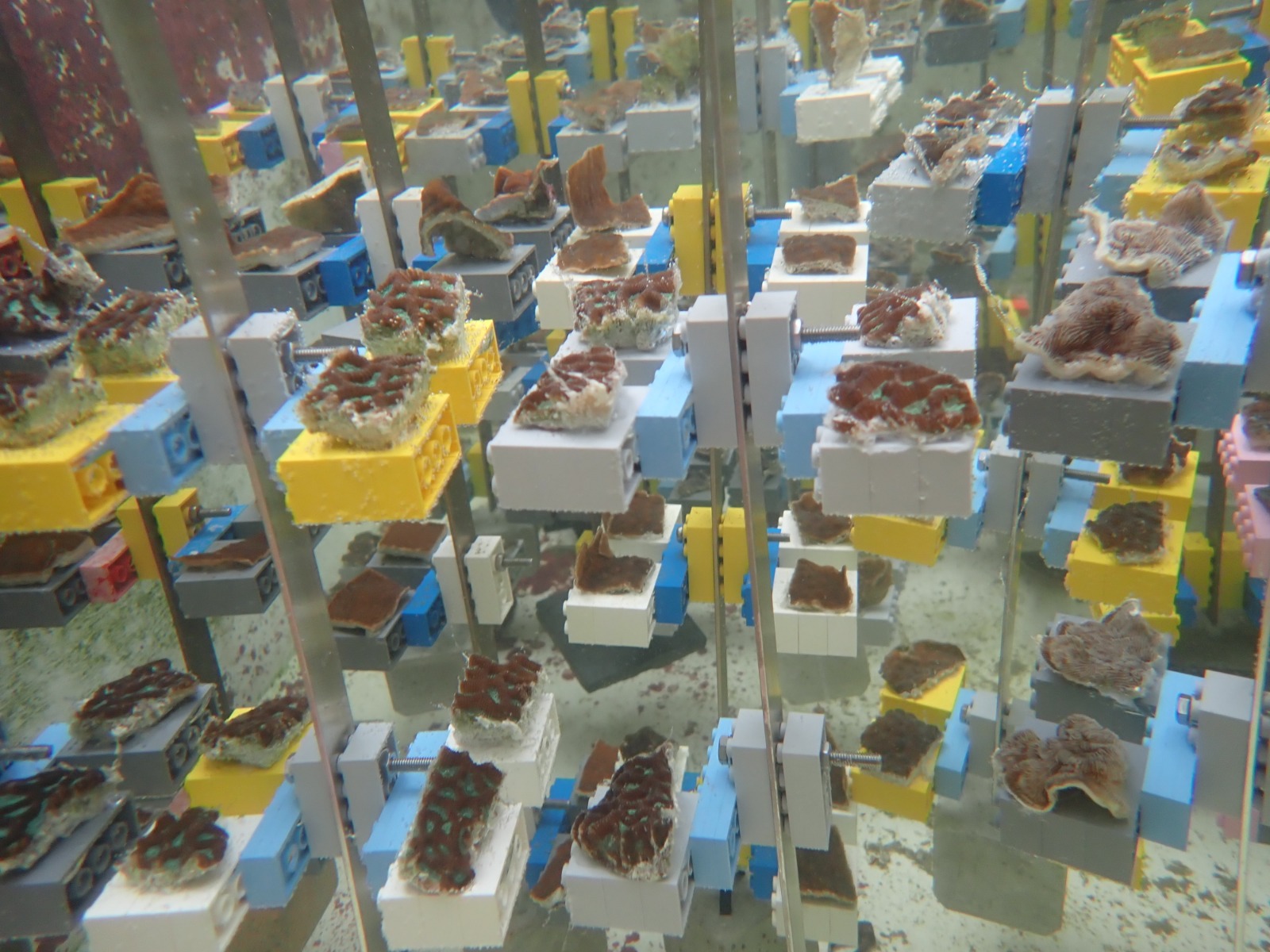
Coral restoration is a long journey: one that thrives with consistent care and collaboration. With your support, we can continue rebuilding our underwater cities and explore new innovations in coral restoration.
Your gift supports our efforts to restore coral reefs and any other WWF-Singapore conservation priorities, helping us to act where it matters most.